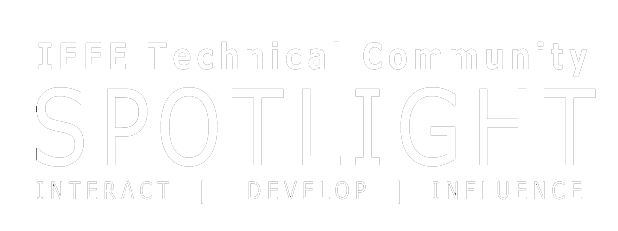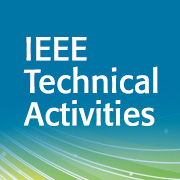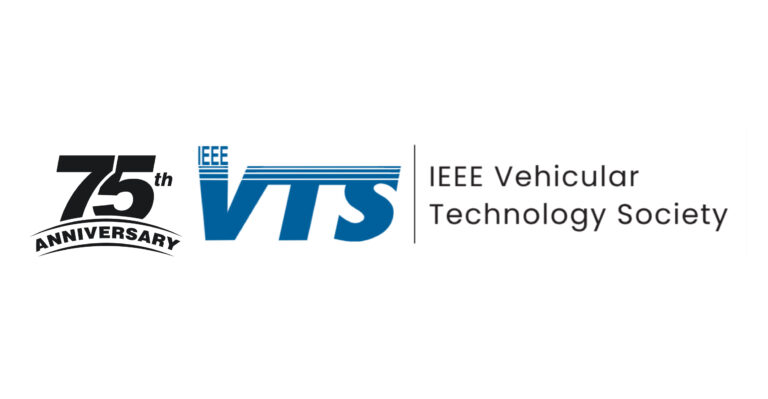By Chris Nemeth, Chair, Industrial Liaison Committee, IEEE Systems, Man, and Cybernetics Society

The IEEE Systems, Man, and Cybernetics Society (SMCS) develops effective solutions to challenging problems by integrating human-centered, cybernetic, and systems science and engineering research. Here’s how we tackle those challenges.
SMCS Board of Governors (BoG) members have an open invitation to propose and, after financial review and Board of Governors approval, initiate projects with these recent results.
SMCS funds have supported the IEEE SMC Brain-Machine Interface (BMI) Systems Workshop for 5 years. This initiative enabled the creation of several new events, including:
- What is now known as the BR41N.IO Annual Brain-Computer Interface (BCI) Designers hackathon. The event takes place twice a year, with thousands of participants working collaboratively both in-person and remotely,
- The international BCI masterclasses and BCI Spring school,
- BCI events at the SMC International Conference on Human-Machine Systems (ICHMS). Many of the Workshop organizing committee members are now Steering Committee members of the new IEEE BRAIN Technical Community 2.0, where Prof. Ljiljana Trajkovic, general co-chair of several BMI Workshops, is serving as its chair-elect.
SMCS has also funded several new initiatives in 2024. For example, TEAM (Transforming Educational Assets and Materials in SMCS) develops high-quality SMC-relevant educational content. The 2024-funded TEAM projects cover a range of technical aspects, such as humanoid robotics, digital twins, and unmanned aerial vehicles (UAVs). The Equity, Diversity, and Inclusion (EDI) is another funded project, designed to promote an inclusive and equitable culture that welcomes, engages, and rewards all who contribute to the field, without regard to race, religion, gender, disability, age, national origin, sexual orientation, gender identity, or gender expression. Two initiatives are underway. One is a call for IEEE SMCS EDI Proposals to solicit innovative ideas to expand access to relevant education for a broader audience. So far, the EDI subcommittee has approved the funding for three proposals for a total of ten thousand US dollars. Another is the IEEE SMCS EDI Survey, which seeks ideas to improve equity, diversity, and inclusion within the Society.
SMCS tackles issues of concern to society. Looking to the future, efforts are underway to address key technical and ethical challenges of artificial intelligence (AI) and artificial general intelligence (AGI). Issues SMCS engages include human-robot/machine interaction, the role of AGI on superintelligence, sustainable AI, singularity, and related topics that are at the center of public discussion.
To ensure these outcomes reach a wide audience, SMCS produces several publications. Each has special issues addressing emerging and important topics. One example is the Transactions on Systems, Man and Cybernetics (TSMC)-Systems special issue on Enabling Technologies and Systems for Industry 5.0: From Foundation Models to Foundation Intelligence.
SMCS’ strength is translational science. Interaction among our community of technically diverse professional colleagues is stimulating and invites new thinking that single disciplines, and employment alone, do not provide. This positions SMCS to effectively engage the emerging nature of the non-deterministic complex challenges that are typical of evolving post-industrial society.





